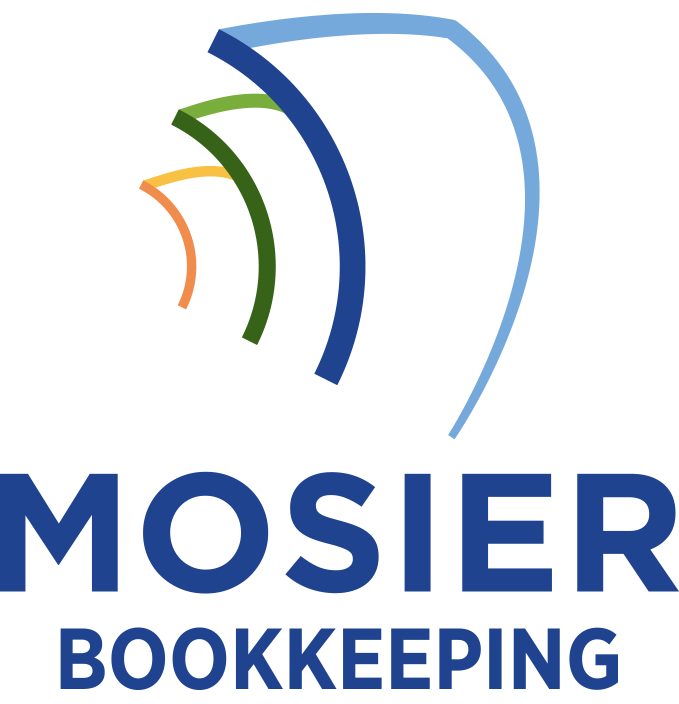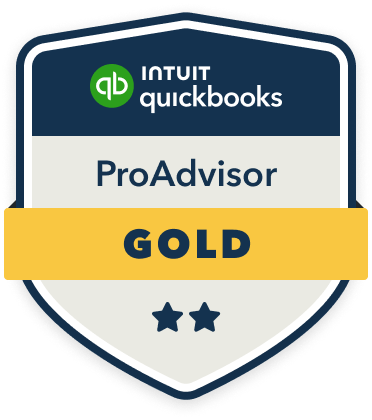I recommend training staff on payroll tasks through a structured five-step approach. First, cover essential fundamentals like employee data verification and tax calculations. Then, teach time and attendance tracking procedures, followed by tax withholdings and deductions. Next, emphasize data security protocols and confidentiality requirements. Finally, provide hands-on practice sessions with real-world scenarios. This systematic method will build their confidence and competence—and there’s much more to explore about each component.
Essential Payroll Fundamentals for New Staff

Processing payroll requires mastering several fundamental tasks that form the backbone of accurate employee compensation. I’ll guide you through the essential functions you must teach your staff: verifying timecards, calculating gross wages, processing deductions, and ensuring tax compliance.
Your team needs to validate employee data, including current pay rates, tax withholding forms, and benefit selections. They must understand how to calculate overtime, handle garnishments, and process bonuses. Train them to reconcile payroll accounts, maintain accurate records, and generate required reports. Most importantly, emphasize the critical importance of meeting deadlines and maintaining confidentiality.
Step-by-Step Time and Attendance Training
Accurate time and attendance tracking serves as the foundation for reliable payroll processing. I’ll guide you through mastering this critical function.
First, train your staff to verify employee clock-ins through your time management system. Teach them to spot common issues like missed punches, unauthorized overtime, and time-card discrepancies. Show them how to process time-off requests and apply your company’s attendance policies.
Next, demonstrate the approval workflow: reviewing supervisor sign-offs, validating leave balances, and reconciling scheduling conflicts. Guarantee they comprehend how to generate attendance reports and export data to your payroll system.
Understanding Tax Withholdings and Deductions

The complex world of tax withholdings and deductions requires careful attention to detail and systematic management. I’ll help you master federal income tax, Social Security, Medicare, and state/local tax calculations. You’ll need to understand pre-tax deductions like health insurance and retirement contributions.
I recommend using a thorough checklist that includes W-4 form verification, tax bracket confirmation, and benefit election validation. You must stay current with tax law changes and maintain accurate records of all withholdings. When training staff, emphasize the importance of double-checking calculations and following IRS guidelines precisely to avoid costly errors.
Best Practices for Data Security and Confidentiality
Safeguarding sensitive payroll data calls for robust security protocols and unwavering attention to confidentiality measures. I’ll show you how to implement military-grade protection for your payroll operations.
Require staff to use complex passwords and two-factor authentication. I insist on encrypted software and secure networks for all payroll processing. Lock physical documents in restricted-access areas and shred outdated records.
I enforce strict “need-to-know” access policies and make team members sign confidentiality agreements. Have them log out of systems when stepping away and never share credentials. Regular security audits and immediate reporting of breaches maintain your data fortress.
Building Accuracy Through Hands-On Practice Sessions

While protecting data forms the foundation of payroll operations, mastering accuracy requires dedicated practice. I recommend implementing structured training sessions where your staff can work with real-world scenarios in a controlled environment. This hands-on approach builds confidence and competence.
- Create practice datasets that mirror your actual payroll complexities, including overtime, benefits, and tax variations
- Set up role-playing exercises where staff must identify and correct common payroll errors
- Implement timed drills to help employees balance speed with precision
I’ve found that regular practice sessions drastically reduce errors and increase processing efficiency when staff move to live payroll tasks.









